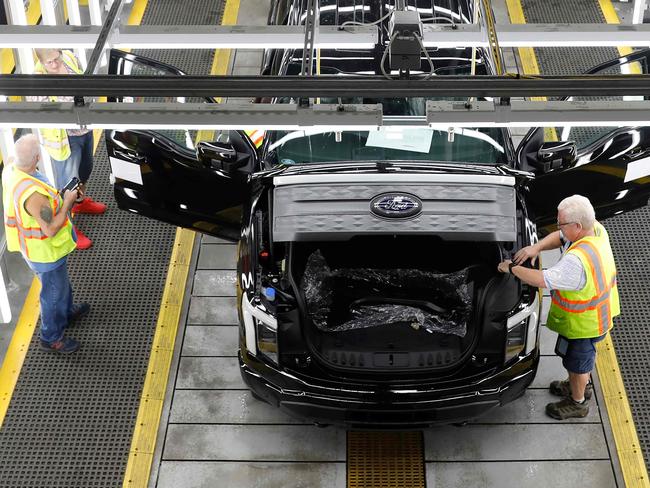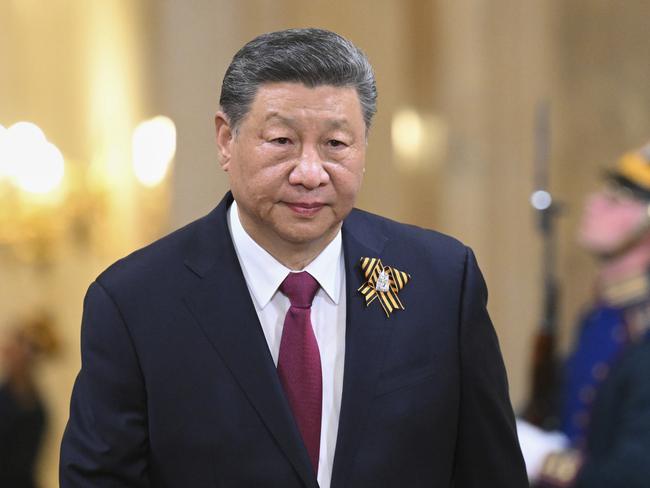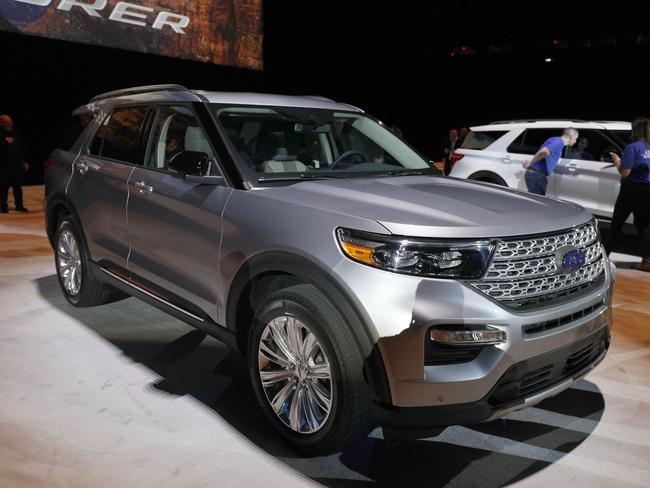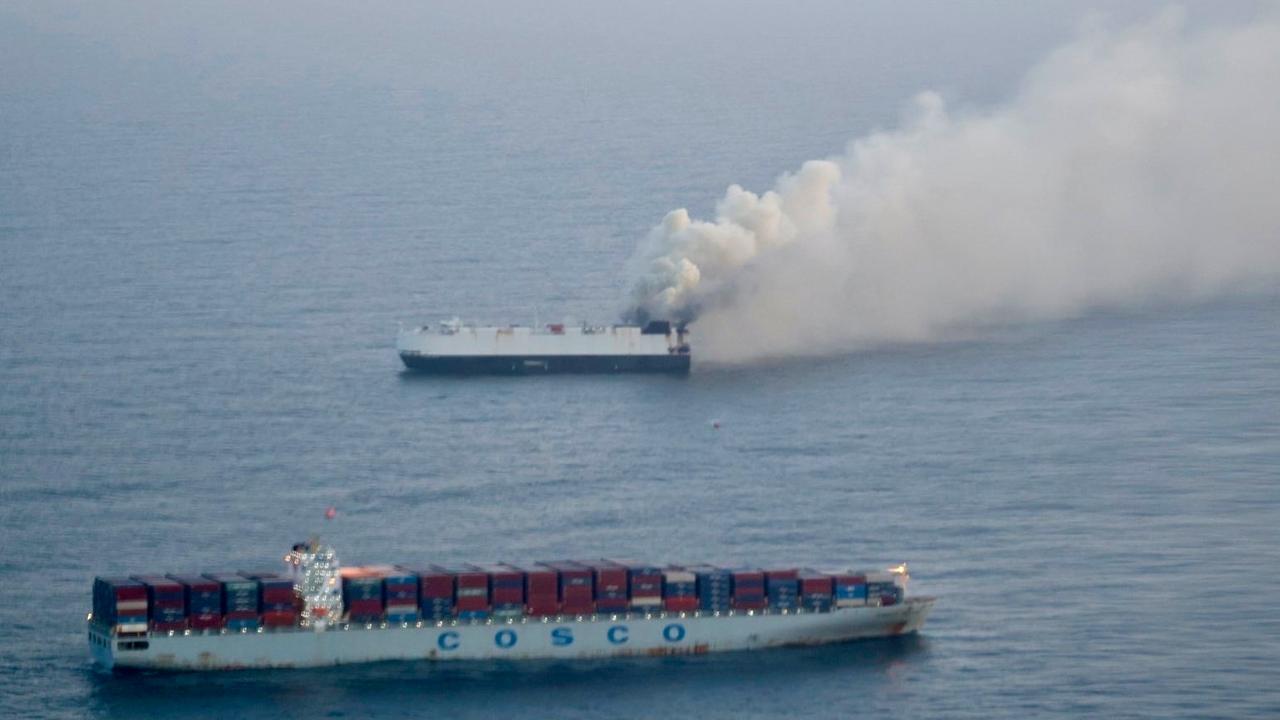China’s checkmate on Trump’s tariffs
One of America’s biggest industries could grind to a halt ‘within weeks’ as China moves to outflank Donald Trump and his trade tariffs.
Motoring News
Don't miss out on the headlines from Motoring News. Followed categories will be added to My News.
Several of the world’s biggest car makers could be forced to shut down their factories ‘within weeks’, due to a critical supply issue, as uncertainty in the industry continues almost unabated.
According to Reuters, three of the world’s major vehicle manufacturers in Toyota, General Motors and Hyundai have warned the Trump Administration that an impending shortage of rare-earth magnets from China, could lead to the shuttering of production lines by the end of June.
Rare earth magnets such as dysprosium and terbium, are a crucial element in both electric vehicles and those with traditional internal combustion engines.
MORE: Tesla’s huge Aus shift as Musk-Trump rift deepens

They are used in a series of components in most cars, including windshield-wiper motors. headlights and anti-lock brakes.
“Without reliable access to these elements and magnets, automotive suppliers will be unable to produce critical automotive components, including automatic transmissions, throttle bodies, alternators, various motors, sensors, seat belts, speakers, lights, motors, power steering, and cameras,” the letter from the Alliance for Automotive Innovation, which was sent to the Trump Administration, read.
“In severe cases, this could include the need for reduced production volumes or even a shutdown of vehicle assembly lines,” the groups said.
The Wall Street Journal has reported, the car giants are desperately trying to find a workaround for China’s stranglehold on the rare-earth magnets. US Treasury Secretary Scott Bessent is said to be taking the lead on this.
MORE: Trump declares war on ‘world’s worst car feature’

In April, companies began to need permission from Chinese authorities to export the rare-earth metals which allow modern tech in cars, and smartphones and even F-35 fighter jets to work at high temperatures. China controls around 90 per cent of the world’s supply of these elements.
Crucially for the car industry, they allow EV motors to function at high speed.
China was to have eased export controls on the magnets as part of a 90-day tariff truce with US President Donald Trump, but they have ‘slow-walked’ that agreement. Some say that move is in response to Trump restricting imports of AI chips and revoking Chinese student visas.
Either way, exports of rare-earth magnets from China have plummeted and the car giants are searching desperately for other sources of the minerals in Europe and Asia.
WSJ said Ford were forced to shut down production of the Ford Explorer at its Chicago plant for a week last month due to the shortage.
MORE: The Yank tank cutting Australia in two

One workaround could be producing EV motors in China or shipping US-made motors to China to have the magnets installed as a way to get around the export restrictions that cover only the magnets not the finished parts.
Presumably though, such a move would make cars more expensive.
However that could be countered by stripping out premium features in the cars, such as electric adjustable seats and high end sound systems, that use the tiny motors to reduce demand for the magnets and cut costs.
MORE: iPhone car coming to Australia
Originally published as China’s checkmate on Trump’s tariffs





